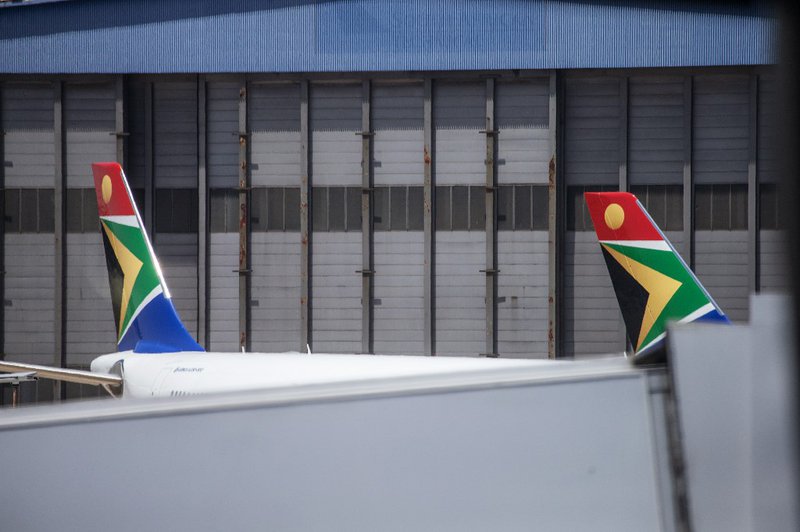More SAA unions accept severance packages
Updated | By Anastasi Mokgobu
The Department of Public Enterprises says more unions have agreed to accept the severance packages on offer as part of the business rescue process at South African Airways (SAA).

The package has also been given the thumbs up by representatives of non-unionised managers.
Spokesperson Sam Mkokeli says the position of the SAA Pilots Association (SAAPA) remains unclear.
"SAAPA has indicated that they do not oppose the outcome of today’s LCF meeting but the union is seeking to embark on a parallel process through which they want to consult the business rescue practitioners for SAA about the severance packages.
The severance package was endorsed by the National Transport Movement (NTM), the South African Transport and Allied Workers Union (Satawu), the Aviation Union of Southern Africa (AUSA), Solidarity, the National Union of Metalworkers of South Africa (Numsa) and the South African Airways Cabin Crew Association (SACCA).
Mkokeli says the agreement will see the retention of around 1 000 SAA employees.
"Around 2 700 SAA employees will be retrenched and will be able to access the VSPs as soon as a business rescue plan for SAA is endorsed by a creditors vote.
"The DPE appreciates the level of commitment and cooperation from these unions and staff representatives to accept fair and reasonable severance packages in the interest of their members."
The business rescue meeting to vote on the plan is scheduled for Tuesday.
"A vote in favour of the business rescue plan by 75% of the voting interests would be required to carry the vote. Today’s agreement at the LCF brings important momentum towards the adoption of a business rescue plan for SAA by creditors.”
ALSO READ
Dis-Chem to appeal 'price gouging' ruling
The Tribunal says Dis-Chem increased their prices by more than 200% in March. "The Competition Tribunal failed to take into consideration that Dis-Chem was reacting in a responsible manner to significant disruptions to the market and that it increased its retail prices whilst it was facing significant price increases and shortages from its suppliers."
Show's Stories
-
Model Marciel Hopkins wys haar eersteling
Die voormalige 'Boer Soek 'n Vrou'-aanbieder en haar aantreklike man, Ha...
The Drive with Rob & Roz 1 day, 5 hours ago -
WATCH: SA reacts to TikToker's new spin on a classic SA dish
If you are bored of eating normal pap, here is a new recipe for you to try.
The Drive with Rob & Roz 1 day, 6 hours ago